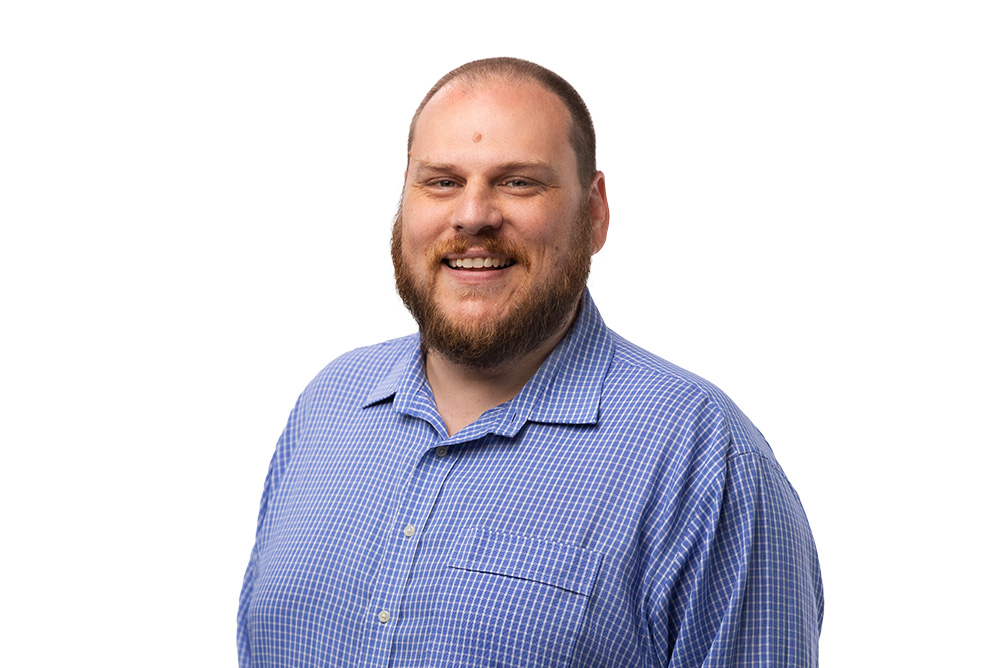I was recently watching a TED talk entitled “How language shapes the way we think” by cognitive scientist Lera Boroditsky. I came across a snippet on Facebook and went to find the whole video because, as someone who works with words all the time, I thought it could be useful and interesting.
“Does the language we speak shape the way we think?” she asks. The answer is probably yes.
One of the fascinating examples she shares is how the Kuuk Thaayore people, an Indigenous Australian group in Cape York, use cardinal directions (north, east, south, west) in their language instead of things like left and right. So for them, everything is oriented to the land, rather than their place in it. This means they have a much better natural orientation than someone whose language doesn’t include those kinds of designations. Even their sense of time is anchored to the direction of the land (for example our timelines usually go left to right, as our writing does).
With 7000 languages around the world, containing different sounds, structures and grammatical rules, there are differences between us that we often put down to culture; but language is a big part of culture. And they are really differences in the way we think, not just what we think.
Given these differences in thinking, it is little wonder that when we meet as a global Church, as happened at the recent GC session, there are disagreements. These disagreements are often painted as different priorities or different levels of understanding, but they are actually different cultures and different ways of thinking. Profoundly different ways of thinking about the same concepts exist between different language groups (even within language) and it makes it that much harder to come to an agreement.
If language has the power to change the way people groups and cultures think, then we need to become masters of language, those who truly proclaim the gospel to every “tongue”.
As an editor of Adventist magazines, it has become obvious when I receive articles from those who have only ever read Ellen White and the King James Version Bible. Hard to read, obscure archaic words and roundabout passive sentences that are long and unwieldy. Some Adventists have a certain style that is really hard to read and does not communicate well, unless you have an Adventist background. That’s before we even start with the Christianese. I’m not saying this to be overly critical but to bring home the point that we need to speak the language of the culture (and the vernacular) to be able to communicate the good news effectively. To be as Paul says “All things to all people”.
This reality has been especially brought home to me by editing the Signs of the Times magazine as well. Being intentional about the language we use, to make sure it is accessible and explains common Christian phrases, especially with the rise of those marking “no religion” on the 2021 Australian census. Over the past year we’ve wrestled with sharing our worldview and our faith in language that is not obscure or jargonistic.
We must be conscious of visitors in our churches. As we broadcast our services online, we must be aware that anyone could be watching, and our language must be language that can be easily understood and impactful.
James acknowledges the power of our words when he writes, “the tongue is a small part of the body but makes great boasts”. He is not speaking here literally of the tongue but the ability to speak and craft words and impart meaning. The tongue is not itself inherently dangerous. It is the words that are spoken.
As we move forward as a people of faith and wish to share our literature (or even online sources) we must update our language (modern versions of Ellen White’s writings) while respecting our traditions to make sure that we’re saying what we think we’re saying, and that we’re culturally relevant, appropriate and impactful.
We are a people made to share our faith, over food, fences or football, but we can only do so if we incarnate the things we believe into our lives and we speak the language of the culture that surrounds us.






